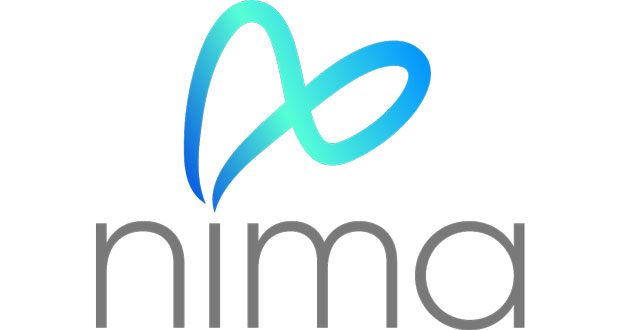The UK BIM Alliance, the independent, not-for-profit organisation established in 2016 to champion implementation of building information modelling (BIM) in the UK, is changing its name to ‘nima’.
The name, also the Greek word for ‘thread’, is not an abbreviation. It has been selected to help give the volunteer-led organisation an identity, sense of purpose and a set of behaviours that are better aligned with current and anticipated future UK thinking about digital working in the built and managed environment.
Explaining the change, to be announced today at the UK Construction Week trade show in Birmingham, Dr Anne Kemp OBE, Chair of nima, said: “The UK has been hugely influential in the international adoption of BIM adoption since the launch of the UK government’s drive for change in 2011. Setting a ‘BIM Mandate’ in April 2016 did much to stimulate people, process and technology change and to help build a standards-driven movement. And since 2016, the Alliance has also helped maintain momentum, by, for example, supporting development of the UK BIM Framework.
“However, the debate has started to shift. It is no longer just about BIM – often seen as a technological change – but about wider industry information management challenges, including building safety, climate change, and delivering value across the life cycle of our built and managed assets.”
The organisation says it has been debating its identity and purpose since the publication of the international ISO 19650 standards in January 2019, mindful that industry discussions were also embracing emerging concepts such as digital twins. BIM was becoming ‘business as usual’ for significant parts of the construction sector. However, it was often misconstrued as a 3D design technology rather than a process supporting purposeful use of information across the whole landscape of the built environment, from the inception stages of projects, through construction, and – most importantly – then to support efficient operation, maintenance and use of assets through to their end of life.
Kemp continued: “Our new name, nima, reflects evolution of our industry and our organisation. We are keeping an international perspective, continuing to support digital transformation across the sector, and aiming in our behaviours to be as inclusive as possible. We are not the ‘BIM police’ – we are a self-help community that anyone can tap into if they want to improve their information management.”
As part of the rebranding process, the nima name is supported by a new logo, a refreshed strategy has been developed, and the organisation’s website and social media channels are being updated.
Existing content (including the UK BIM Framework guidance – endorsed in the government’s 2021 information management mandate), local and sectoral group resources, and relationships with industry organisations (including UK government, professional and trade association affiliates, technology providers, and buildingSMART International) will be maintained and expanded.
FMJ, in partnership with PlanRadar, is pleased to bring together a panel of experts to discuss achieving ESG using the power of digitisation.
According to the Environmental Audit Committee (EAC) the UK’s built environment is responsible for 25 per cent of the UK’s greenhouse gas emissions, and a large proportion of the commercial stock in the UK requires further investment to become environmentally sustainable. With climate deadlines looming, urgent action is needed.
The pandemic taught us the importance of utilising digital technology to protect people. FMs are now aware of the use of accurate data to help manage assets as well as occupants, by streamlining maintenance programmes, monitoring building assets performance and measuring the amount of energy being used.
FMs have a key role in meeting ESG goals, which include:
* Environment: Meeting sustainability goals, including net zero targets, waste reduction and recycling
* Social: Maintaining health and safety, delivering social value, equality and diversity, duty of care and investment in skills
* Governance: Compliance with all regulatory requirements and legislation, and reducing errors by the use of robust data processes.
The webinar will take place on the 11th October at 11am.
Register for the webinar here.
If you are unable to attend please register and we will send through a recording of the event post webinar.





